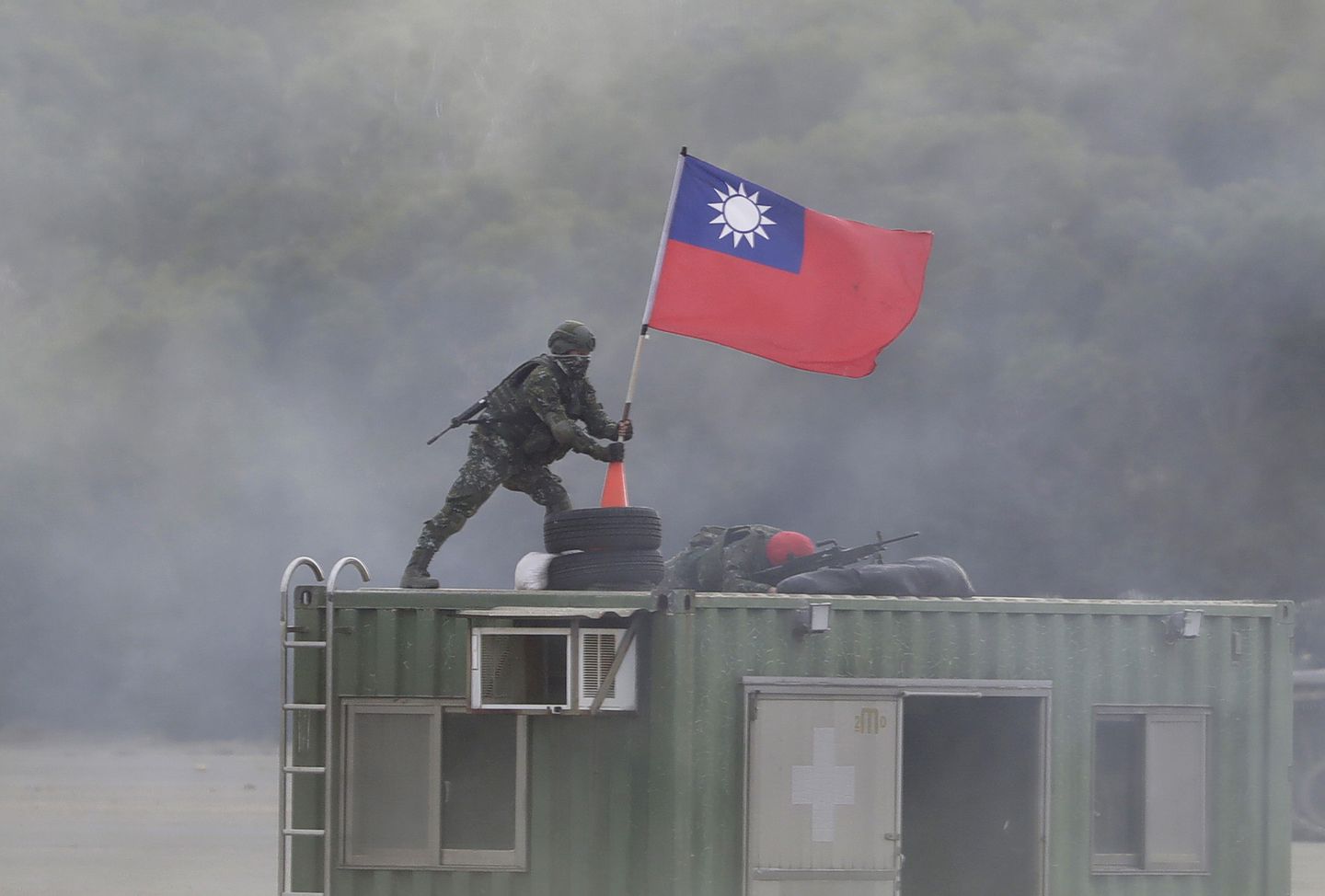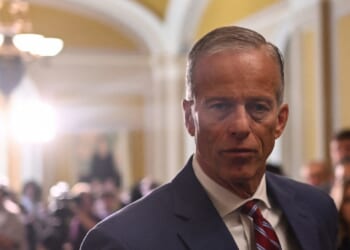
A presidential visit to China will hinge on U.S. concessions on Taiwan, according to a Chinese official who disclosed a key Beijing demand for a summit between President Trump and Xi Jinping.
Wu Xinbo, dean of the Institute of International Studies at Fudan University in Shanghai, stated in remarks last week that Mr. Trump must declare that the U.S. does not support formal independence for Taiwan, viewed by Beijing as a breakaway province.
“Trump has to clarify the U.S. position on this very important issue when he comes to China,” said Mr. Wu during an international peace forum in Beijing. “Without that, I don’t think his visit will be successful.”
Mr. Wu, an adviser to the Chinese Foreign Ministry, also said the U.S. and China must speed up preparations for a summit if the meeting is to take place in the fall.
“If we are going to make this happen, we need to make preparations as soon as possible, and time is running out,” Mr. Wu said.
China and the United States should seek to make progress on trade, fentanyl and contacts between the national security and diplomatic teams, Mr. Wu said.
“Then we can start to prepare for the summit,” he said.
Mr. Wu said Chinese Foreign Minister Wang Yi should meet with Secretary of State Marco Rubio, perhaps in a third country.
Mr. Rubio departs Tuesday for his first visit to Asia as secretary to attend three regional leaders’ meetings in Kuala Lumpur, the State Department announced Monday.
A State Department spokesman referred questions about summit preparations to the White House. A National Security Council spokesman did not immediately respond to an email request for comment.
Mr. Trump announced on Truth Social last month after a phone call with Mr. Xi that the Chinese leader “graciously invited” him and first lady Melania Trump to visit China. He said he also invited Mr. Xi to come to the United States.
“As Presidents of two Great Nations, this is something that we both look forward to doing,” the president stated.
Mr. Trump has not directly stated his position on Taiwan.
In May, Defense Secretary Pete Hegseth said in a speech that “President Trump has also said that Communist China will not invade Taiwan on his watch.”
Mr. Trump last visited China as president in November 2017.
After speaking to Mr. Xi in January, Mr. Trump said he expected to solve such issues with the Chinese leader as the trade imbalance, the fentanyl crisis and the Chinese-controlled video sharing app TikTok.
During the 2024 presidential campaign, Mr. Trump vowed, if elected, to demand that Mr. Xi follow through on an agreement by China to buy $50 billion worth of U.S. agriculture products.
He also said he would press China’s government to impose the death penalty on “fentanyl dealers who are sending fentanyl” to the U.S.
Mr. Wu’s remarks represent the first hint by a Chinese official on China’s approach to such a summit.
China’s government said in a statement on the state-run Xinhua news agency that Mr. Xi would welcome Mr. Trump to China again while warning that “the U.S. side should take a realistic view of the progress made and withdraw the negative measures imposed on China.”
On Taiwan, China’s government has repeatedly accused the United States of supporting Taiwan’s independence.
In March, China’s military launched large-scale drills near Taiwan that a government spokeswoman said at the time were a response to an alleged policy shift on the island.
Foreign Ministry spokeswoman Mao Ning said the military maneuvers were a response to “wrong steps” by the U.S. on the self-ruled island.
The spokeswoman noted the State Department’s revision of a fact sheet on Taiwan in February that removed the phrase that “we do not support Taiwan independence.”
“This is another egregious example of the [United States’] intention of using Taiwan to contain China, and its move to abet and aid Taiwan independence,” she said.
The State Department said the change was a routine update that did not change U.S. policy that the United States opposes any unilateral change in the current status quo by either Taiwan or China.
Mr. Xi has vowed to take Taiwan by force and has ordered the Chinese military to be ready for such action by 2027.
Ms. Mao, the Foreign Ministry spokeswoman, told reporters July 4 in response to the U.S. sending letters out identifying foreign tariff rates that there are no winners in a tariff war.
China hopes the U.S. “will work with China in the same direction to uphold and act on the important common understandings reached between the presidents of the two countries during their phone call,” she said.








![Florida Man With Violent History Arrested for Choking a Cop [WATCH]](https://www.right2024.com/wp-content/uploads/2025/06/Eleven-Stabbed-in-Attack-at-Salem-Homeless-Shelter-Across-From-350x250.jpg)


![New Media Narrative on DeMS-13's Favorite Gang Banger Shredded with Video Receipts [WATCH]](https://www.right2024.com/wp-content/uploads/2025/07/New-Media-Narrative-on-DeMS-13s-Favorite-Gang-Banger-Shredded-with-350x250.jpg)





